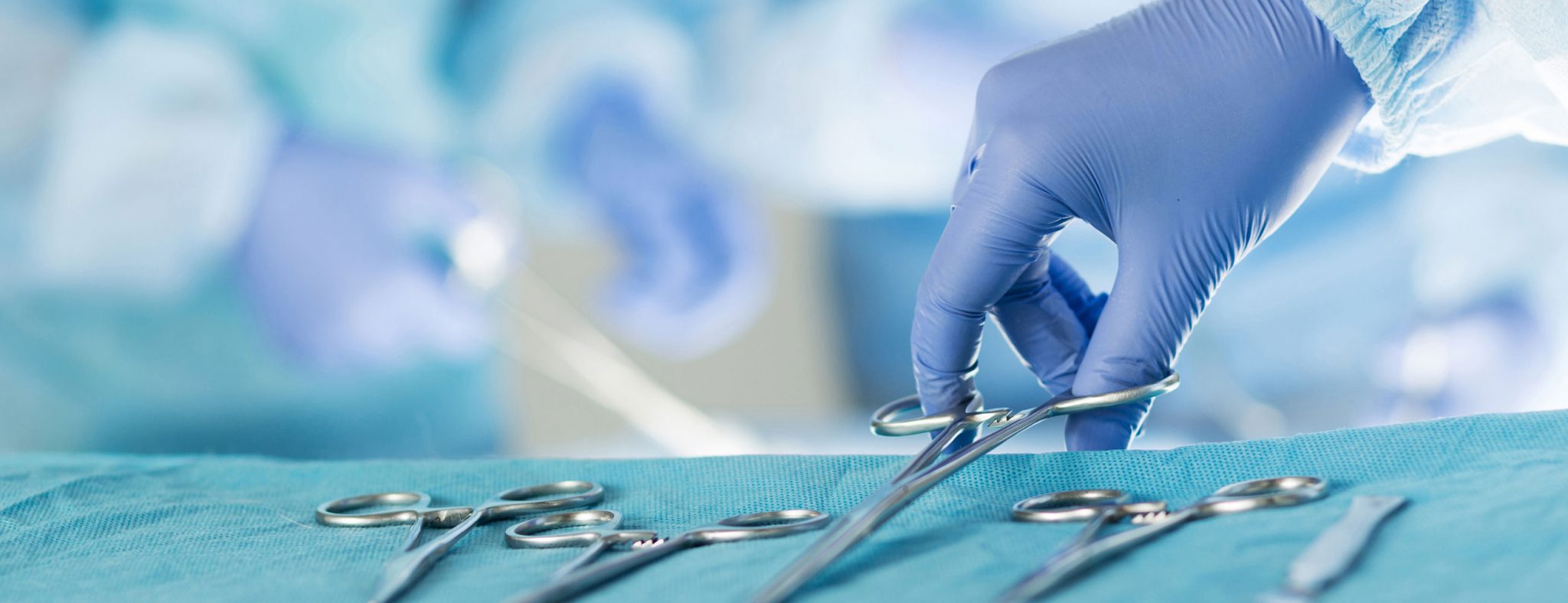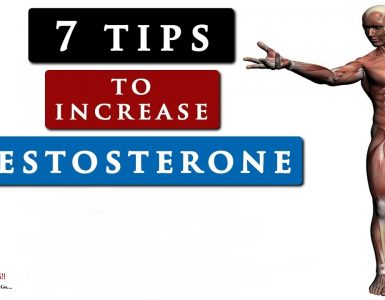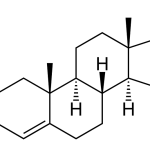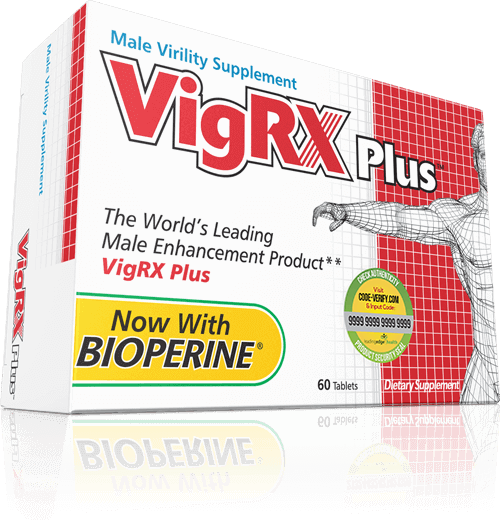Obesity and Testosterone: Obesity and low testosterone are health issues that can negatively impact men’s well being. Managing both conditions often requires intervention. Dealing with obesity and low testosterone together may call for a treatment approach. While improving one condition can sometimes benefit another, it’s important to recognize that each case is unique. Understanding the connection between obesity and low testosterone is key.
Table of Contents
How does obesity impact health?

The prevalence of obesity is on the rise in the United States, with 73.6% of adults considered overweight or obese. Individuals grappling with obesity often face health challenges directly linked to their weight. Obesity can notably affect health, increasing the risk of conditions like high blood pressure, high cholesterol, and sleep apnea.
Obesity puts a strain on the body’s functioning. While our bodies are designed to maintain a weight range, excessive weight gain can lead to joint pain and discomfort. It can also disrupt the production of chemicals and hormones, for overall bodily balance.
How does testosterone impact the body?
Testosterone is a hormone for both men and women, with men requiring a greater amount than women. It is produced in the testes when signals from glands in the brain work to maintain balance throughout the body.
In men, testosterone plays a role in fertility, helping to maintain muscle mass and achieve body composition. Insufficient levels of testosterone, known as hypogonadism, can result in changes such as weight fluctuations, decreased muscle mass, dysfunction, reduced libido, and fertility issues.
Can obesity lead to low testosterone?
Cells influence the metabolism of testosterone and estrogen. The size of these cells directly impacts the effects of this metabolic process. In individuals, excess weight often leads to elevated testosterone levels and increased estrogen production, which can cause problems like breast tissue development.
Nevertheless, there is optimism for those with hypogonadism due to obesity. Significant weight loss can help alleviate the effects of this condition. As individuals achieve weight and their bodies become more self-sufficient, there is potential for the restoration of hormonal balance.
Can having testosterone lead to obesity?
Low testosterone levels can be associated with obesity indirectly, as men suffering from hypogonadism often exhibit symptoms like tiredness, mood changes, alterations in body composition, and reduced muscle mass. While weight loss is still achievable with testosterone levels, these factors can make it more difficult to sustain a healthy lifestyle.
Many men experiencing low testosterone note an impact on their well being, which may result in a lack of motivation to engage in healthy behaviors such as working out or preparing nutritious meals. This combination of decreased activity and reliance on processed foods could contribute to the onset of obesity.
It is essential to address both obesity and low testosterone levels for health. If you are overweight, taking steps to reduce strain on your body and reach a healthy weight is crucial. Additionally, individuals with testosterone might benefit from hormone therapy based on the root cause of their condition.
Lose Weight If Necessary
If you find yourself dealing with weight, it’s crucial to undergo an assessment of your overall health. Your physician might recommend checking your thyroid and heart functions to ensure they’re in shape and rule out any related conditions like diabetes.
The goal should be to get your body weight as close to a BMI range as possible. A normal BMI, or body mass index, indicates a weight level that your body can manage without strain. Your doctor may offer advice, such as watching your sodium intake for heart health or cutting back on added sugars for diabetes management.
Prioritize following the guidance of your healthcare provider. Steer clear of diets that may not deliver results. Successful weight loss and upkeep involve making choices and sticking with them over time. It’s unrealistic to expect yourself to stick with diets like keto combined with fasting indefinitely, and that’s perfectly okay. Focus on what you can commit to.
Shedding pounds becomes more feasible by including proteins, healthy fats, whole grains, fruits, and veggies in your meals. You can still enjoy a variety of foods in moderation, as long as you make sure to consume more calories than your body burns each day. There’s no need to limit yourself to just oatmeal or stick to eating schedules like some diets recommend.
Opt for an approach that fits your needs and is something you can stick with for the long haul to maintain a healthy weight. If carrying weight is significantly linked to testosterone levels, shedding those extra pounds might help improve the situation.
Consider Hormone Treatment
If low testosterone is linked to your obesity, it’s important to seek proper care for this issue. One effective solution is hormone replacement therapy, which helps replenish hormones such as growth hormone, thyroid hormone, and testosterone.
Usually, administering testosterone therapy at home under supervision is an option. The injections are easy enough to do on your own. Usually cause minimal discomfort. Most people can handle the process without trouble.
Within a month of starting testosterone therapy, you should start noticing changes, with full effects becoming more evident after about six months. During this time, keeping an eye on your diet and actively working towards shedding pounds are key. Although testosterone can help build muscles and aid in body support, it doesn’t directly lead to calorie burning. The key to burning calories lies in maintaining a diet and engaging in physical exercise.
When you pair testosterone treatment with lifestyle adjustments, you can see improvements in both aspects. With time, as the effects of testosterone become more pronounced, substantial weight-loss goals can be attained.














